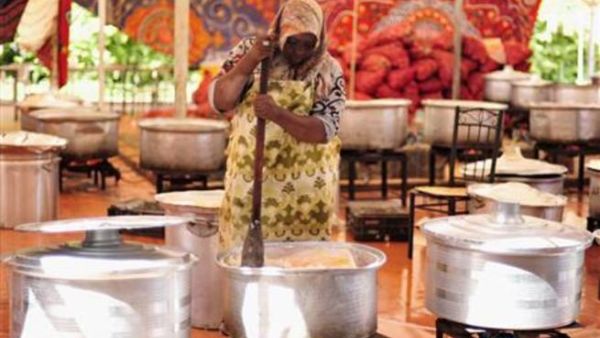Libya is having to pay extra for food imports and traders say some foreign firms are diverting shipments elsewhere due to fears - dismissed as unfounded by Tripoli - that growing disarray in the country could delay payments.
Reuters reported that the North African state, much of which is desert, is a big food buyer and has stepped up purchases of staples including wheat and sugar since the end of fighting last year that toppled dictator Muammar Gaddafi.
Tripoli shop shelves are now full of foreign produce. But while international traders had viewed oil producing Libya as a lucrative market, some now say they are backing off from trade.
"Libya has a huge amount of oil wealth, but its chaotic administration and fears about non-payment are still giving it a bad reputation in international trade," a European grain trader said.
Companies contacted by Reuters could not cite concrete cases of default by Libyan importers, but rather unease that payment could be delayed, not least by cumbersome bureaucracy.
"There is an unspoken Libya premium in the grain trade which the country has to pay for grain imports despite the fact that its huge oil wealth should make it a grade one customer to sell to," another European grain trader said.
"Traders need the extra money because of payment risks and the general uncertainty in the pretty chaotic government there."
Traders cited a Nov. 14 tender where Libya paid $395 per tonne on a cost and freight (c&f) basis for 30,000 tonnes of soft wheat.
"On the very same day, Jordan, by no means a rich country but a reliable...trading partner, paid only $378 a tonne c&f for 50,000 tonnes of higher quality wheat including more expensive shipment costs," the second trader said.
Libya's main grains buyers are the Matahan agencies in Tripoli and Benghazi, which issue tenders and sell milled goods to the state agency that ensures stable food prices through subsidies.
While this process gives some protection to Libyans, the higher import prices will be costly for the subsidy mechanism.
There are also smaller private buyers.
Officials denied there were any problems for foreign companies in securing payment, but some recognised an issue with perceptions of Libya after the widely publicised conflict.

Fears over non-payment have caused disruption to Libya's food supply







